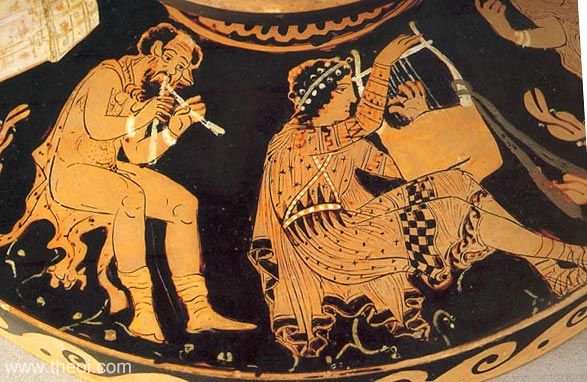Holland's:
Something I've been thinking about lately in relation to oral knowledge is the influence ancient oral traditions have on current society. For example, Ta' ziyeh was started over one thousand years ago in Islamic culture. It is still being performed today and helping Muslims remembmer their history.
As it turns out, carnivalesque plays are similar to/ derived from the Feast of Fools. This totally ties to Disney's Hunchback of Notre Dame! In this way, ancient oral traditions can still be found in our lives today.
Catherine's:
It's crazy that so little is known about the Assyrian culture. Because they relied so heavily on oral knowledge it seems, their history has been almost entirely erased from history. This makes me wonder if there are other societies that at one point existd and no longer exist because they left no written record or art or anything. What if there weren't any arts to preserve that culture in some form? What if there were no artifacts to be found. What if that group of people just ceased to exist. In this way, oral knowledge is a terrible and terrifying way to remember something importnat.




